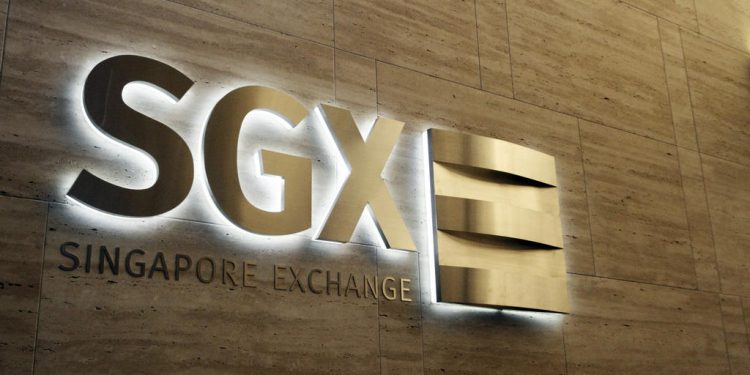Corporate Climate Disclosure Rules
The Sustainability Reporting Advisory Committee (SRAC) of Singapore plans to establish corporate climate disclosure rules to achieve sustainable transition strategies.
SRAC was jointly established by the Accounting and Corporate Regulatory Authority (ACRA) and the Singapore Exchange Regulation (SGX RegCo) to provide suggestions for sustainable disclosure of enterprises.
Background of Corporate Climate Disclosure Rules
In order to achieve the temperature target of the Paris Agreement, enterprises, investors and financial institutions are taking measures to reduce carbon emissions and incorporate climate risk into their business models. For enterprises, developing climate strategies to achieve low-carbon transition can avoid the risk of being removed from the supply chain and benefit from financing activities.
At least eight jurisdictions have established climate reporting requirements for businesses, with some requiring both listed and non-listed companies to comply with the disclosure framework, while others only require listed companies to conduct climate disclosure. From the General Requirements for Disclosure of Sustainability Related Financial Information (IFRS S1) released by the International Sustainability Standards Board (ISSB), mandatory disclosure has become the main trend.
Related Post: Deep Dive on IFRS General Requirements for Disclosure of Sustainability-related Financial Information
Related Post: Deep Dive on IFRS Climate Related Sustainable Disclosure Standards
SRAC believes that implementing climate disclosure rules in Singapore can promote sustainable financial market development and strengthen its status of green finance and commodity trading centers. Compulsory disclosure can reduce compliance costs and enhance the global competitiveness of enterprises.

Contents of Corporate Climate Disclosure Rules
SRAC plans to include both listed and large non-listed companies in the disclosure scope. Starting from 2025, all listed companies are required to disclose climate reports. Starting from 2027, all large non-listed companies (with revenue exceeding $1 billion) are required to disclose climate information. In 2030, other large non-listed companies (with revenue exceeding $100 million) are required to disclose climate information. Implementing mandatory disclosure in stages can provide enterprises with enough preparation time and achieve a balance between efficiency and quality.
SRAC requires all disclosures to comply with the relevant rules of IFRS S1 and IFRS S2. Globally, enterprises often use different disclosure frameworks, such as GRI (98%), UN Sustainable Development Goals (78%), ISO (74%), etc., which makes it more difficult to compare different sustainable disclosures. As a subordinate organization of International Financial Reporting Standards (IFRS), the IFRS S1 and IFRS S2 formulated by ISSB can comply with the relevant rules of enterprise financial disclosure. At the same time, ISSB focuses on using the Task Force on Climate Related Financial Disclosures (TCFD) as the basis when formulating standards, which is beneficial for companies that have previously adopted TCFD as their disclosure framework.
In terms of carbon emissions disclosure, SRAC requires companies to mandatory disclose Scope 1 and Scope 2, and Scope 3 disclosure can be delayed for two years. At present, the proportion of third-party certification among listed companies is still less than 3%. In order to improve the credibility of carbon emission data, listed companies need to start third-party certification for Scope 1 and Scope 2 in 2027, and non-listed companies need to start third-party certification for carbon emission data in 2029.
In terms of disclosure time, SRAC requires listed companies to publish sustainability reports within four months of the end of the fiscal year, or to publish both sustainability and annual reports simultaneously. Enterprises can obtain detailed indicator information from the ESGenome website launched by the Singapore Exchange and the Monetary Authority of Singapore. ESGenome provides 27 core ESG indicators to assist companies in completing sustainable disclosure.
For companies that are not subject to mandatory disclosure rules, SRAC believes that they can voluntarily submit climate reports in accordance with the proposed regulations and comply with the same information disclosure rules.
Reference:
Public Consultation on Turning Climate Ambition into Action in Singapore








